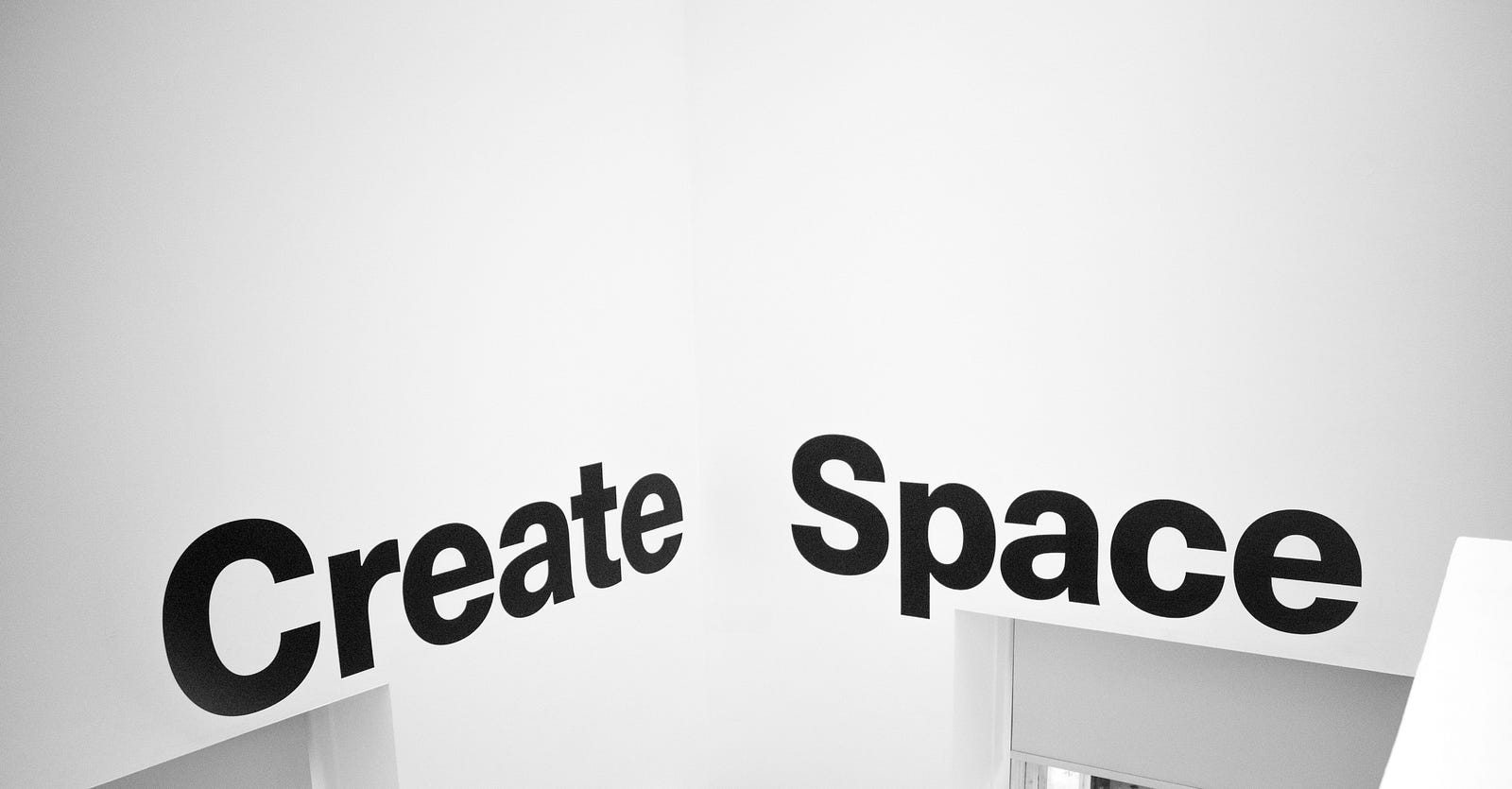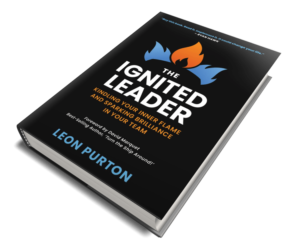
Six steps to an influenced outcome
Tim and Brian Kight through their company Focus 3 are promoting a philosophy that is gaining traction. It has been spoken about in principle through a few adages over the years;
Between stimulus and response there is a space. In that space is our power to choose our response. In our response lies our growth and our freedom. — Viktor Frankl
Viktor, and Austrian Psychologist who was a Holocaust survivor and author of “Man’s search for Meaning” led a much storied life, but this quote has resonated with many. This quote is far more infamous than the one that I maintain as one of my adages, first expressed to me in 2012 by someone I still respect as a mentor;
You must work hard to separate your re-quired action from your re-action — T. Saunder
This phrase was mentioned to me in an office space while I was doing a role as an Engineering Support Officer, and has stuck with me ever since. Both of these phrases have one thing in common. It is slowing down your brain when you are presented with an Event. Why is this important?
I have never been able to communicate it very well beyond a simple statement until I recently became aware of the work of the Kight’s. They utilise the simplified equation;
E + R = O
Or, Event + Response = Outcome.
They maintain that you have very little control over the Event. Things happen around you that impact you in some way. It could be dropping a plate in the kitchen. It could be an ignorant work colleague’s off-hand comment. It could be a defensive opponent that is denying your best efforts. It could be a demanding four-year old child with the thousandth question. At each point that event triggers a response. The key is, this is the one thing you can control — if you choose.
The work of Tim and Brian Kight has pervaded School Education System’s across America at the Junior, Senior and College campus levels like the New Albany Plain Local, Tecumseh Middle School, Hilliard City Schools, and most notably The Ohio State University. Their recent Coach Urban Meyer wrote about the importance of this work in “Above the Line”. In his book, and through the teachings of the Focus 3 company, the Ohio State team maintain that it contributed to their sustained success. In an interview Urban described that you have little control over the Events (E) and little immediate control over the Outcomes (O), the only thing you have any control over is your Response (R).
They propose that successful people focus on the R and unsuccessful people place their focus on the E. The unsuccessful people blame the Event for the Outcome, the successful people focus on controlling their Response to influence the Outcome. It is the only thing you have complete control over — if you so choose.
If you believe this is the case, that you can influence the outcome through your Response, then you need to work out how your Response can lead to a successful Outcome.
The Focus 3 team call this the R Factor, and offer six steps to striving for a positive outcome.

The R Factor – Six steps to a more purposeful Response
Step 1 — Press Pause
This is the point at which you need to create some space to choose your response. This is the space the Viktor Frankl describes. The question you should ask at this point is — what does this require of me?
Step 2 — Get Your Mind Right
The story you tell yourself here will be true — to you… You need to focus on the important things and provide some positive self-talk. If your mind falls into a negative spot, you will not be able to reach the levels of performance you require.
Step 3 — Step Up
This is about the choice you make. It is stated that at this point you can choose to step up and act above the line. Do not run from the event, step in to it and learn. This helps you develop resilience.
The most difficult responses are required for the most challenging responses. They are not challenging because of the skill required, they are challenging because of the courage it takes.
Step 4 — Adjust and Adapt
This relates to the knowledge you have on previous Events. You may have a catalogue of Responses that have achieved certain Outcomes from the previous Events. If it didn’t work last time, you need to adjust and realise that you’ll need to adapt your response if you want a different outcome.
You need to create a habit in your responses that gives you the outcomes you need. More importantly, you need to let go of the ones that are holding you back.
Step 5 — Make a Difference
How you choose to respond will be seen by others. You have a choice in this time to make a positive or negative difference to the event. Your Response is in fact an Event for others… You can create a positive, or a negative chain event in your team or group.
This is paramount to remember as a leader. Your reactions will create events for your team. You must realise that your control of your response will have first, second and third order effects.
Step 6 — Build Skill
Your control over your response is a trainable skill. You will need new Events to train. This means you need to realise that there are always new Events that will make you uncomfortable. Do those things that make you uncomfortable, in discomfort you grow. When you are growing you are building more skills, or refining the ones you have.
The Leaders Role
The R Factor as a point of reference and process will allow you work from the Event to the best possible Outcome. All you need to do is think about it when you stub your toe in front of your children….
As a Leader you must realise that your team is watching you, oftentimes waiting to see your response. How you respond will certainly set the mood of the team, it may even influence the culture of it. It may normalise what is acceptable and what is not.
In this I am reminded of a time in a meeting that was influenced only by a heavy sigh… In the boardroom during a workforce planning meeting it was realised that restructuring the workforce to be functionally aligned rather than technology aligned would not be possible. This is something that we had been working towards for some time. One of the Executive staff released an audible heavy sigh. The one that is accompanied by a large exhale and the shifting of eyes from the projector screen to the staff member. The mood in the room dropped. Significant effort had created the right change environment to enable this transition, and it was being stymied by another organisation. Everyone felt defeated.
The very next thing that happened was the Director asking that same person, what should we do now? Knowing what we now know, what should we do now? We developed a re-engagement strategy that would ultimately be successful — but it came from a place of defeat. Rather than a place of potential positivity.
My challenge for you is to choose to start to make a difference, start to positively influence those around you by choosing to Respond in a way that promotes a positive Outcome. Train your ‘R Factor’ and see if you can influence the transition from Event to Outcome.
Stay safe and keep smiling
Leon.
I’m a new writer with a keen curiosity for people, human nature, leadership and growth. Same handle on Twitter.
